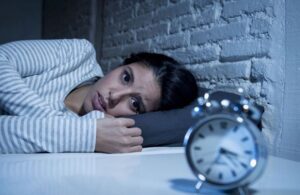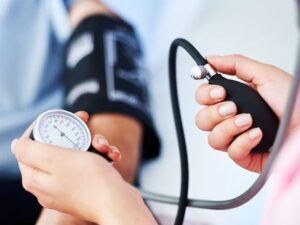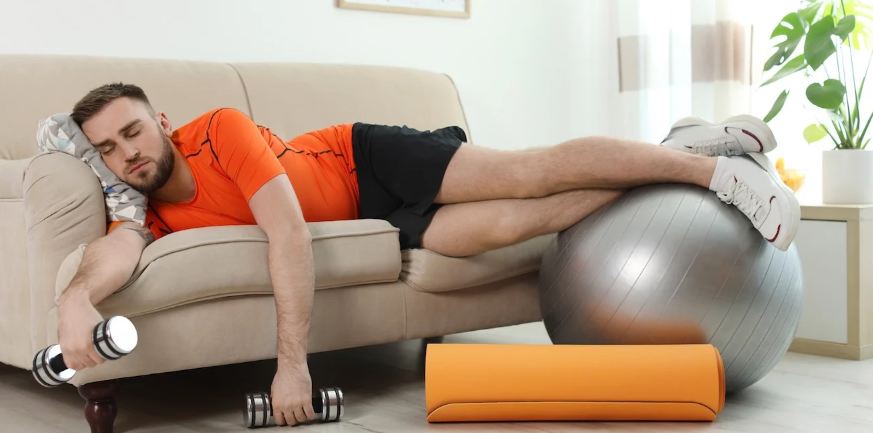There’s no secret: regularly exercising and nutritious foods are healthy habits! Moving your body is the best way to keep your body lean, the virus at bay, and, of course, the mind healthy. But how do you know if your exercising routine is actually working? Also, when do you need to exercise more?
According to specialists, there are a few warning signs you need to put more effort into an exercising routine. From joint pain, sleepless nights to feeling hungry all the time, your body can offer you hints when something’s wrong.
Here is what you need to know.
Always Feeling Hungry

Your body can trick you sometimes into thinking it’s not receiving enough fuel. But that doesn’t mean it is true.
According to a recent study, exercising can regulate your appetite. If you have a constant hunger, but you’re not active, there’s a reason.Â
Your body is generating too much ghrelin (a hormone responsible for making you feel hungry).
Sleepless NightsÂ

Are you drinking enough caffeine but still feeling tired? Bad sleep or no sleep at all might be to blame. Also, not exercising regularly is a pretty solid reason. What happens with your body when you exercise?Â
Following an exercising routine will tire out your body, and you’ll fall asleep easier. Physical activity also supports improved sleep quality and efficiency!
Feeling Stressed and Tense

According to specialists, when your body is enduring physiological stress, it also undergoes physical symptoms like headaches, a clenched jaw, muscle tightness, or neck pain.Â
Exercising has been proved to “reset” your body’s reactions to stress. Of course, the stress might not disappear, but you’ll notice that you’re no longer battling with insecure thoughts or fatigues.
High Blood Pressure

High blood pressure should always be taken seriously! If not controlled, your body might get seriously damaged.
According to specialists from the Mayo Clinic, strengthening your heart is the greatest way to control your blood pressure. Exercising can lower your systolic blood pressure, and you won’t have to worry about any medications or other treatments.
Hurting Joints

It’s a common myth that exercise can cause arthritis, being bad for your joints. Specialists explain that low to moderate exercising can actually improve your joint stiffness.
So, if your joints hurt, don’t mistake it as your body asking for a break. Instead of that, try to move your body for at least 30 minutes/day.












Leave a Reply